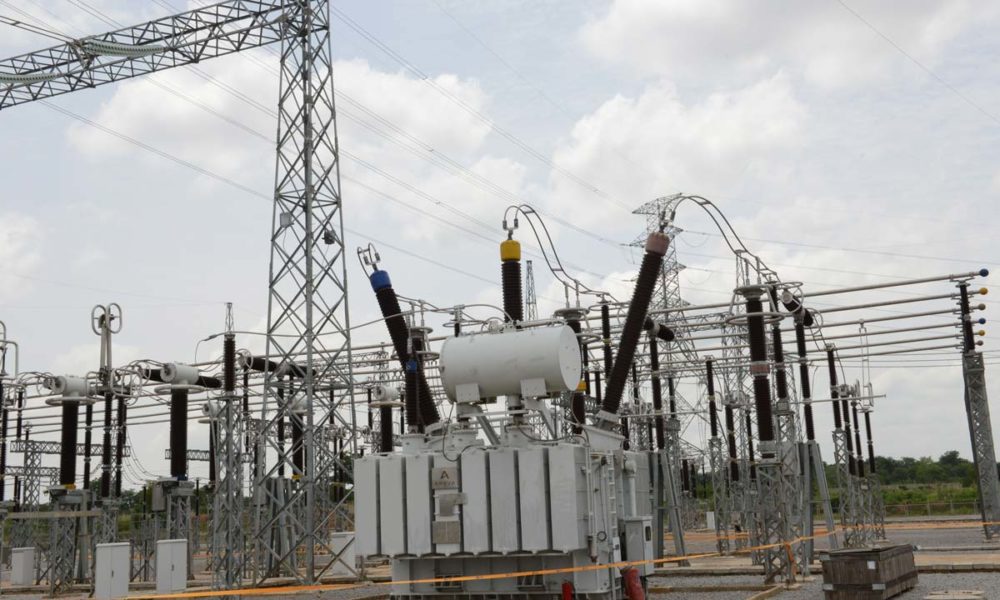Energy
Nigeria’s Power Sector to Get $7.5bn from $30bn African Electrification Initiative, Says Minister Adelabu

Minister of Power Adebayo Adelabu has said that Nigeria is set to receive a portion of a $30 billion investment aimed at electrifying Africa.
During a visit to Splendor Electric Nigeria Limited, Adelabu revealed that the World Bank and the African Development Bank (AfDB) have committed to this ambitious initiative with Nigeria slated to receive approximately $7.5 billion, or 25% of the total fund.
The groundbreaking initiative is designed to extend electrification to an additional 300 million Africans over the next five years.
This large-scale project aims to address the energy deficit that has long plagued the continent and is expected to transform the power infrastructure significantly.
Adelabu expressed optimism about Nigeria’s role in the project, citing the country’s large population and ongoing power sector reforms as key factors in securing a substantial share of the funds.
“I want to inform you of the proposal or the intention, which is at an advanced stage, by the World Bank and the African Development Bank to spend about $30 billion to extend electrification to an additional 300 million Africans within the next five years. Nigeria is going to participate fully in this. I am confident that nothing less than 20% or 25% of this fund would come into Nigeria because of our population,” Adelabu stated.
The minister’s visit to Splendor Electric Nigeria Limited, a porcelain insulator company, underscores the government’s commitment to involving local businesses in the electrification drive.
The investment will focus on enhancing and upgrading power infrastructure, which is crucial for improving electricity access and reliability across Nigeria.
Despite the promising news, Nigeria continues to face significant challenges in its power sector. The country’s power grid has suffered frequent collapses, with the Nigerian Bureau of Statistics reporting less than 13 million electricity customers and frequent nationwide blackouts.
The International Energy Agency highlighted that Nigeria’s national grid experienced 46 collapses from 2017 to 2023, exacerbating the nation’s energy crisis.
To combat these issues, the government is also advancing the Presidential Power Initiative, a project in collaboration with Siemens, which aims to build thousands of new lines and numerous transmission and injection substations.
Adelabu noted that the pilot phase of this initiative is nearing completion and that Phase 1 will commence soon.
With over 200 million people and a chronic energy shortfall, Nigeria’s power sector is in urgent need of overhaul.
The additional $7.5 billion from the African Electrification Initiative represents a critical step toward achieving reliable and widespread electricity access.
The investment is expected to stimulate not only infrastructure development but also economic growth, creating opportunities for local companies and improving the quality of life for millions of Nigerians.